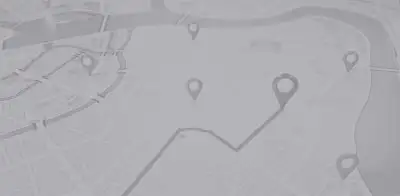
1-480-425-4150
Need assistance? Our clinical support staff will
answer your questions. Call us now!
Radiofrequency Ablation
What is a Radiofrequency Ablation?
Your healthcare provider has requested that you undergo radiofrequency ablation. You have been diagnosed with having a tumor. Radiofrequency ablation is an alternative to traditional surgical resection of a tumor. With this procedure, high-frequency electrical energy is delivered in the form of heat which destroys the tumor cells.
How Should I Prepare?
You should not eat or drink anything for six hours prior to your procedure. You may take your medications as directed. Speak to your doctor if you need to adjust your insulin dosing. Prior to your procedure, you should make sure all medications and allergies are updated. If you are on a blood thinner you may be requested to stop that medication for a period of time.
How is the Procedure Performed?
The procedure will be performed by an interventional Radiologist, who is a physician with specific training in image-guided procedures. Most radiofrequency ablation procedures are performed under general anesthesia.
The site for the ablation treatment will be evaluated using CT or ultrasound. An area on your skin will be cleaned with sterilizing solution. A specialized wand-like device is then advanced into the tumor, and high-frequency electrical energy is used to heat and destroy the tumor cells. Upon completion, the device is removed and a sterile dressing placed at the site.
What Should I Expect After the Procedure?
Following the procedure, you will be monitored in the hospital and any medications you need to ensure you are comfortable will be provided. Most patients are admitted to the hospital for overnight observation.
Who Interprets the Results of the Procedure?
In order to assess how the treatment affected the tumor, you will have additional imaging performed in 1-6 months.






